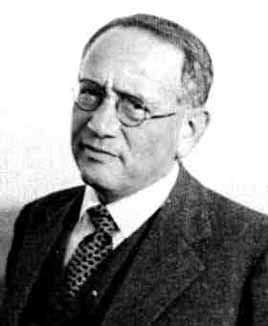|
|
||||||
Step 1: Take time to read the
question or problem to understand what is asked.
Ask yourself these Questions:
Step
2:
Organize the information
you need. Decide whether you need an exact or approximate answer.
Plan a strategy. Some
possible ways are:
Step
3:
Estimate your answer to
the problem.
Carry out the plan/ strategy
to solve the problem.
Write down your answer
Step 4:
Knowing the answer could
you have done it
in a different way?
(Adapted from MATHPOWER Seven Mc.Graw-Hill
Ryerson Limited ISBN 0-07-552647-6 Canada) |
Learners need to practice many different types of problems to get a feel how to tackle a problem. You can think about puzzles, games, estimations, pattern development. The main aim will be to develop strategies to solve problems. Generally a problem can be tackled in four steps according to Mr
George Polya:
Step 1: What is the problem
Step2: Make a plan
Step 3:Follow your plan
Step 4: Check your answer
|
|||||
Home | Curriculum Vitae | Polya's Ideas on Problem Solving | Ideas from van Hiele on Mathematics Education




